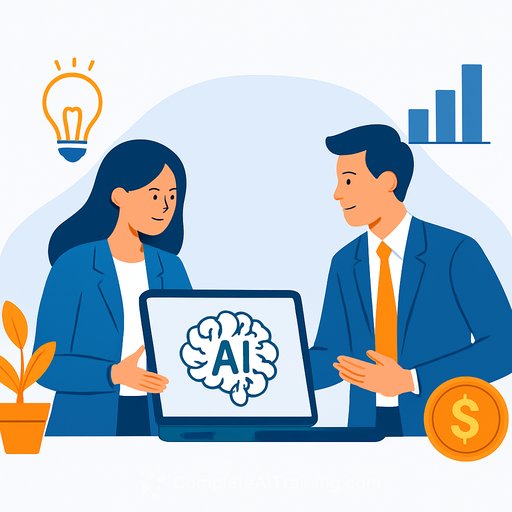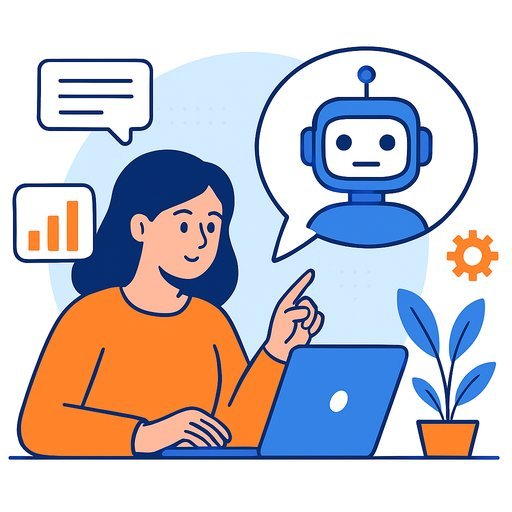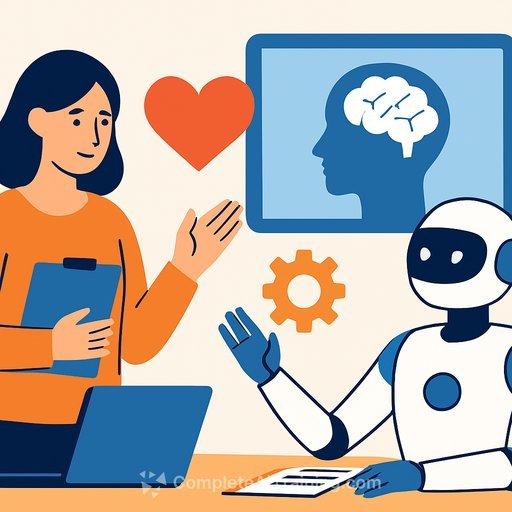How Graduates Can Thrive in the Age of AI
Automation is reshaping the job market, particularly hitting entry-level roles that involve routine tasks. This shift highlights the growing importance of AI literacy for new graduates, and small and medium-sized enterprises (SMEs) are emerging as key areas filled with opportunities. But the full picture is more nuanced.
We’re currently facing a challenging mix: a fragile economy, the rise of AI technologies, and an oversupply of graduates. Youth unemployment in the United States sits at 5.8%, while underemployment exceeds 40%. This suggests that the problem isn’t solely technological. Economic slowdown and company cutbacks are also factors, alongside a surplus of qualified candidates. Some companies now require managers to justify why a new hire’s tasks cannot be performed by AI, which risks lowering the value of university degrees.
Two Sides of the Same Coin
On one side, industry leaders warn that up to half of entry-level jobs might disappear within five years due to AI. On the other, research points out that AI actually increases the need for uniquely human skills such as critical thinking, ethical decision-making, and teamwork.
The disappearance of routine graduate work signals a shift: AI is removing repetitive functions but is also creating new roles. For example, jobs that involve crafting effective AI prompts or managing AI-human collaboration are gaining importance. This transition means graduates must adapt by developing skills that complement AI, rather than compete with it.
Practical Steps for Graduates
- Develop AI Literacy: Understanding how AI works and how to work alongside it is key. Courses that focus on AI fundamentals, prompt engineering, and AI tools can provide a competitive edge. Consider exploring resources like Complete AI Training’s latest AI courses.
- Focus on Human Skills: Skills such as creativity, communication, ethics, and problem-solving remain vital. These are areas where AI cannot fully replace human judgment and empathy.
- Explore SMEs: Smaller companies often adapt faster and offer roles where graduates can take on varied responsibilities and gain hands-on experience.
- Stay Flexible: The job market is changing rapidly. Being open to continuous learning and shifting career paths can keep you relevant.
Looking Ahead
The disappearance of some entry-level jobs doesn’t mean the end of opportunities for graduates. Instead, it signals a transformation in the types of skills and roles that will be valued. Graduates who combine AI understanding with strong human skills will find themselves in demand.
For those interested in building AI skills that complement their education background, resources are available to help build expertise efficiently and effectively. Check out Complete AI Training’s skill-based courses to start enhancing your profile today.
Your membership also unlocks:





